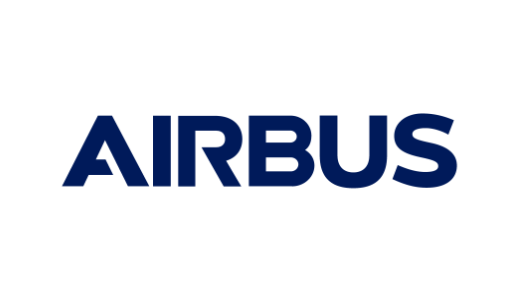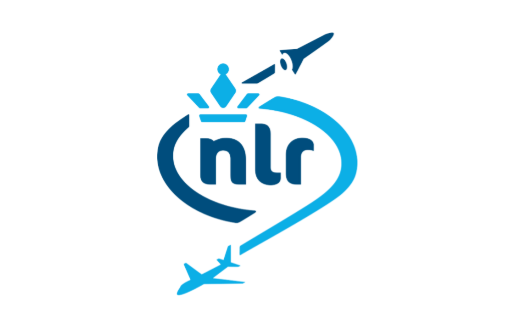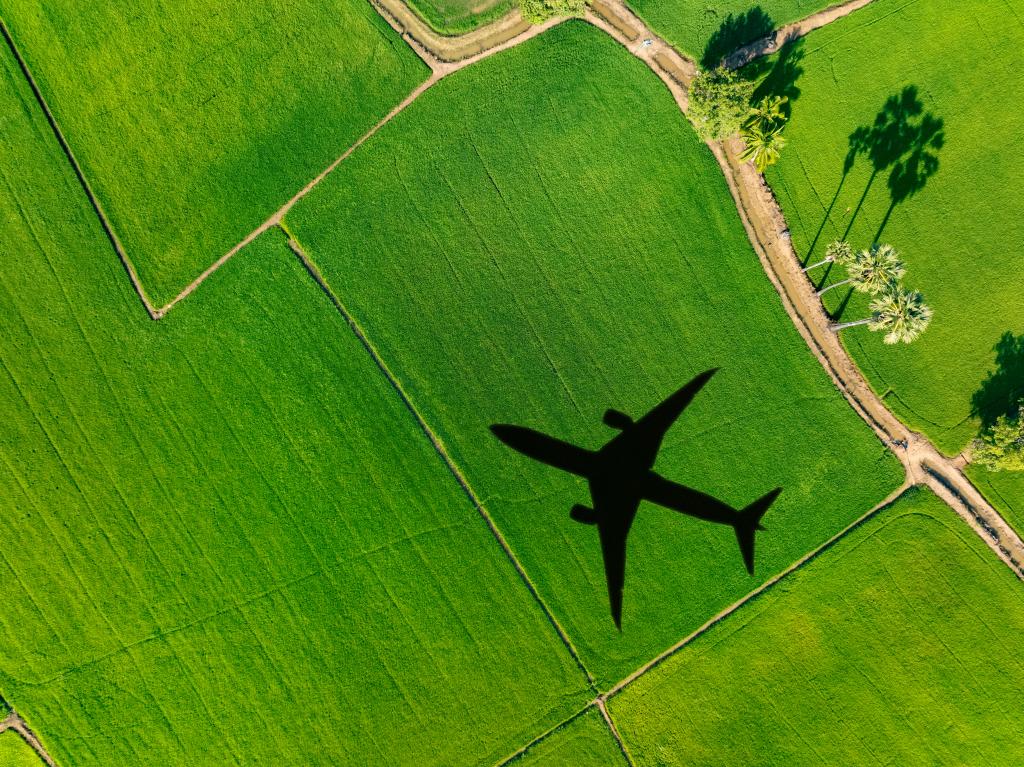The aviation sector has made important contributions to society and the global economy over the past century. However, as air traffic has grown, so has its environmental impact. CO₂ emissions from aviation have more than doubled since the mid-1990s. The sector is now one of the fastest-growing sources of greenhouse gas emissions contributing to global climate change.
This Thesis Lab will work on challenges provided by the ‘Flying Vision Accelerator’. Flying Vision is a project within the Aviation in Transition program, a Dutch Growth Fund initiative worth over €370 million aiming to achieve climate-neutral aviation by 2050. The initiative aims to develop an open and innovative ecosystem and co-operates on:
- Reducing energy demand of aircraft and flight
- Adopting novel energy carriers in aviation
- Who is the traveller in 2050?
Embedded within the Flying Vision Accelerator program, the Thesis Lab will collaborate with important stakeholders in the sector to develop multidisciplinary insights that accelerate the transition to sustainable aviation. The Lab will identify barriers and propose solutions to overcome these challenges. Additionally, the Lab will serve as a platform to inspire collaboration within the aviation sector.
Details on the individual thesis assignments and themes that you can apply for can be found in the booklet below. Do you have an idea for an assignment that is not stated in the booklet? Please share it with us!
Please note assignments 1, 4, 7, 12, 16, 17 18, 19 are full.
Individual Thesis Assignments or Themes
Main Challenge
How can design, technological innovation, new business models and legislation help the aerospace industry reduce its impact on the environment?
Caseholders
In the booklet you will find assignments from Flying Vision Accelerator, Airbus and NLR.
The mission of the Flying Vision Accelerator is to stimulate collaboration across the sector and bring together multidisciplinary perspectives to accelerate the transition to sustainable aviation. By developing shared visions and dynamic roadmaps, the project supports both the sector and policymakers. Flying Vision sees a future world where aviation is finally sustainable. Flying Vision is an initiative of Delft University of Technology, Airbus, Schiphol Group, KLM Royal Dutch Airlines and the Royal NLR.
Airbus is a leader in designing, manufacturing and delivering aerospace products, services and solutions to customers on a worldwide scale. As the largest aeronautics and space company in Europe, Airbus designs, produces and delivers innovative solutions with the aim to create a better-connected, safer and more prosperous world.
NLR is the connecting link between science, industry and government for the aerospace sector. It supports the sector by developing and applying advanced technologies for innovative products and applications. NLR aims to make aerospace more sustainable, safer, more efficient and more effective.



Interesting Reads
Fuelling Change: lessons from the Thesis Lab Green Skies
Interdisciplinary Thesis Lab 2023-2024: Circulaerospace
Interdisciplinary Thesis Lab 2022-2023: Circulaerospace
Interdisciplinary Thesis Lab 2021-2022: Circular Aviation

